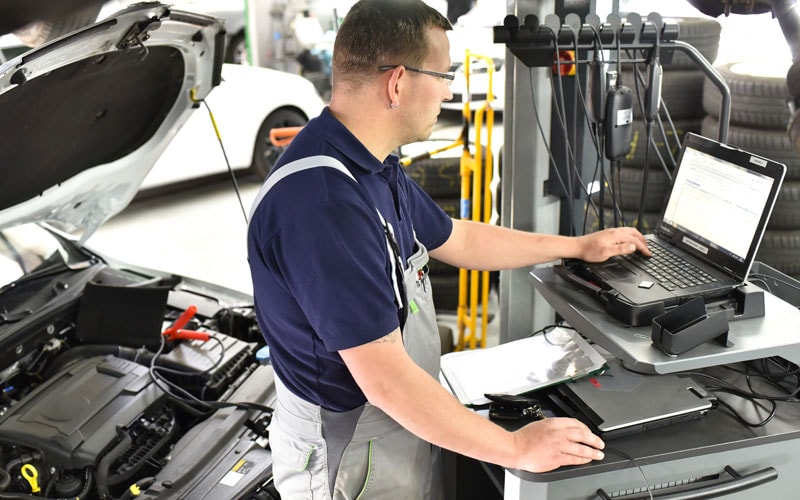-
-
Like what you see?
Let's talk
Design & Engineering
The Infosys Automotive practice partners with manufacturers to transform design and production engineering. We implement Industry 4.0 to customize the driving experience while facilitating autonomous driving and shared mobility. Our technology applications span the automotive assembly line – from research, design and development to project management, production scheduling and workflow management.
Infosys integrates the factory floor to deliver advanced capabilities: identify profitable R&D projects in the formative stages, automate requests for tools and resources, allow robots to complement the workforce on the factory floor, ensure genuine components are used in production, and detect quality issues in products before delivery. We create a ‘digital twin’ of the manufacturing ecosystem for granular visibility into physical machines and processes to drive lean manufacturing. Further, it facilitates ‘what-if’ analyses to align design, engineering and vehicle testing activities.
Our AI-driven systems include cognitive learning networks, gesture-controlled features, simulation techniques, and visualization systems to address diverse manufacturing constraints, including weight, structural properties, strength, and material. Industry 4.0 tools, data analytics, smart factory systems, and a ‘design thinking’ approach enable iterative design validation, concurrent product development, and material flexibility. Significantly, it empowers manufacturers to improve fuel efficiency and aesthetics while reducing carbon emissions.
Infosys experts have rich experience in sustainability management. We partner with leading environment, health and safety product enterprises to ensure compliance with regulations and standards for manufacturing. In addition, we implement blockchain networks and digital traceability solutions for prompt recall of components / parts.
Infosys reservoir engineering footprint
White paper: Accurate forecasting and a holistic approach rationalize warranty costs
Infosys creates early warning systems using data analytics to optimize warranty management.


Perspective